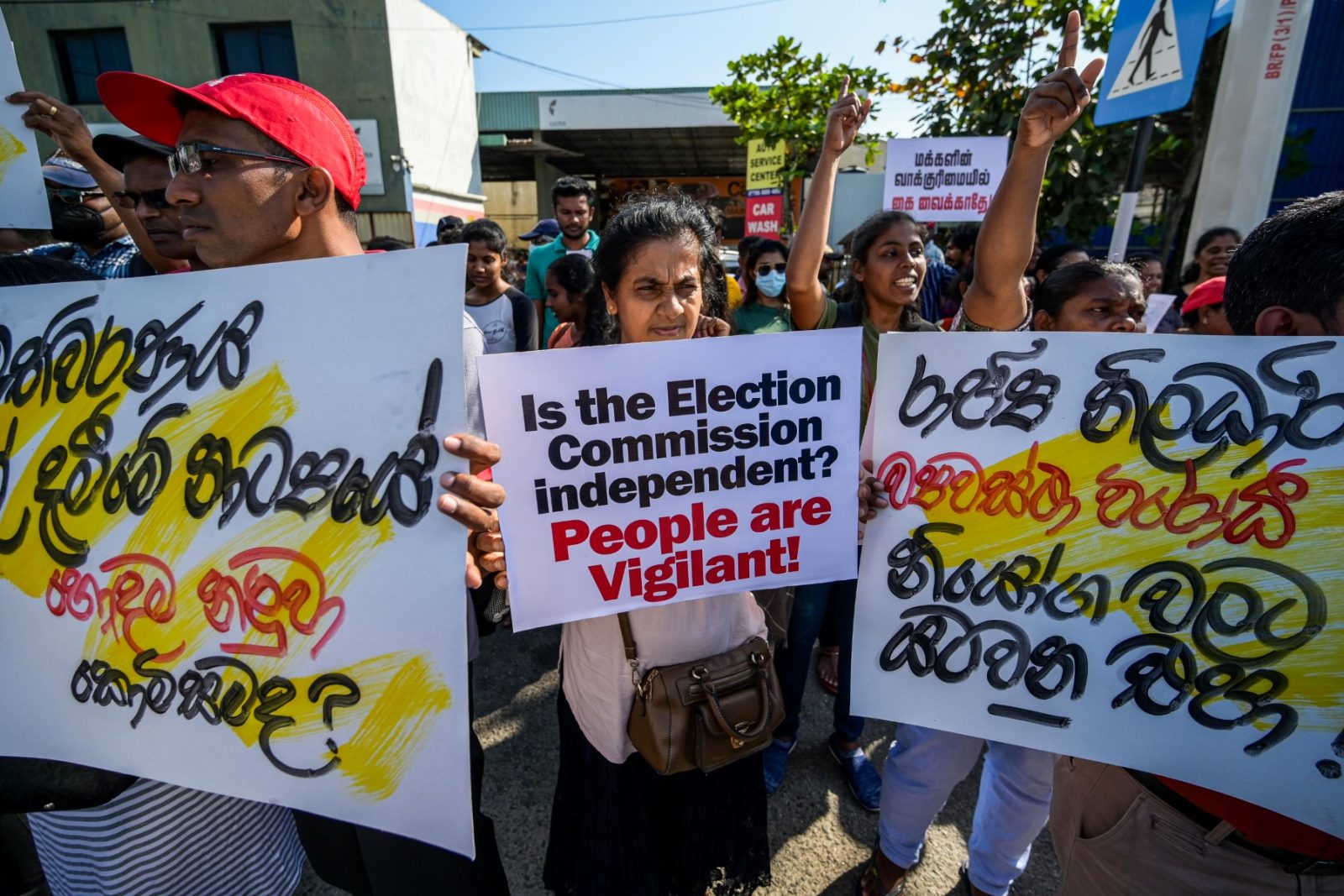Cardinal Malcolm Ranjith of Colombo in Sri Lanka called on members of the country’s parliament to resign and to allow the people to elect their representatives.
The prelate made the call after the country’s Electoral Commission refused to allocate funds for local elections even after the Supreme Court ordered the Treasury department to release the money.
“The government must respect the (Supreme Court) decision, otherwise it undermines the foundations of democracy,” said Cardinal Ranjith in a media briefing on March 13.
He said the country’s rulers have created an “unfortunate situation” as he called on members of parliament and ministers to “resign from their positions if they have the courage, and let the people elect a new administration.”
“It cannot be said that the people of Sri Lanka like these rulers, because we voted for another program that no longer exists,” said the cardinal.
The government of President Ranil Wickremesinghe has repeatedly argued against the conduct of elections previously scheduled for March 9 due to lack of funds.
Cardinal Ranjith, however, said no one has the authority to interfere in the decision of the Supreme Court to release funds for the elections.
“It is clear that the [decision] issued on March 3 binds the president, the government and the parliament in equal measure,” he said.
The archbishop said that to postpone the elections by placing obstacles is undemocratic. “The government does not have the power to take away people’s rights; if it did, it would become a dictatorial regime,” said Cardinal Ranjith.
Sri Lanka’s independent election commission indefinitely postponed local polls after the president — installed by parliament last year after his predecessor fled — refused to fund the vote.
The March 9 polls would only have picked local councilors but would be the first electoral test for Wickremesinghe since he took office in July after months of protests over the island’s worst-ever economic crisis.
They were seen by many as a de facto referendum on unpopular austerity measures he has imposed as he seeks to secure an International Monetary Fund bailout.
But the five-member election commission panel said the vote would not be held as scheduled as Wickremesinghe’s administration had refused to provide the necessary 10 billion rupees (US$27 million) and logistical support.







